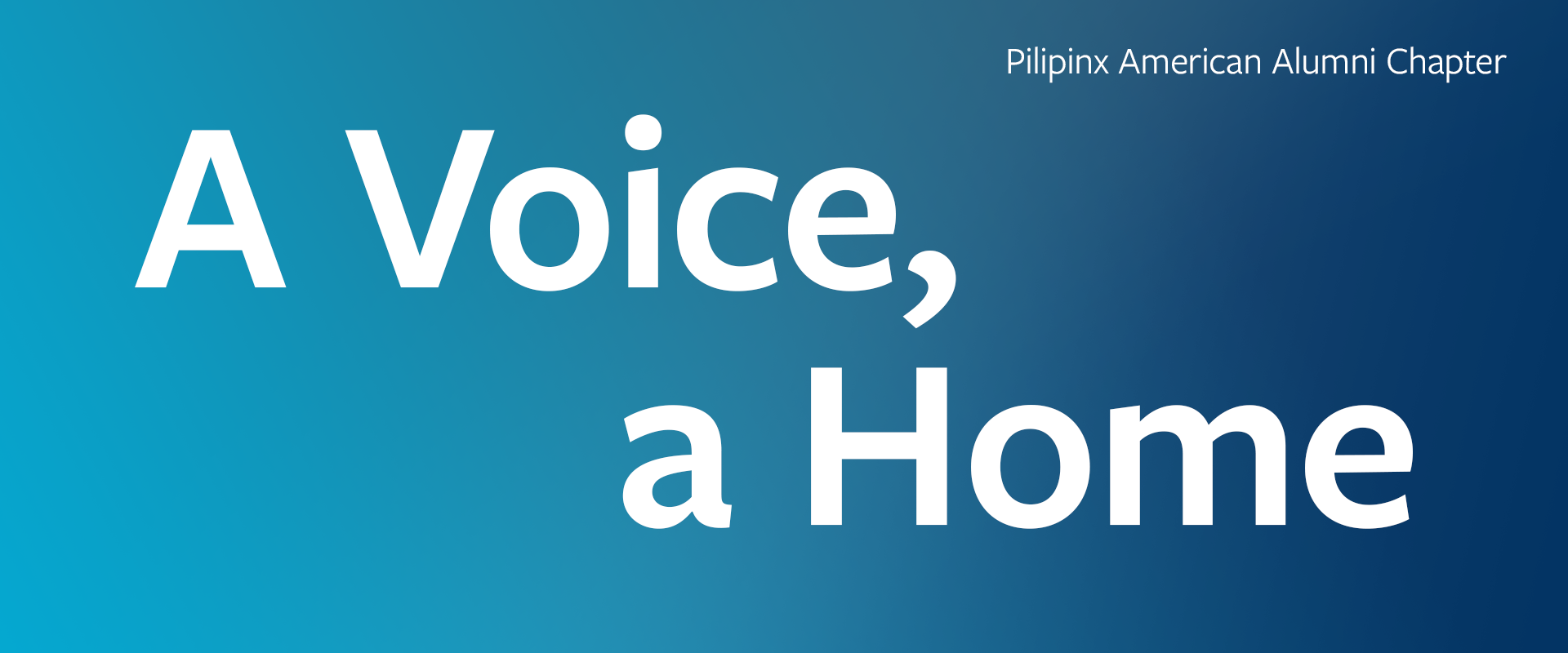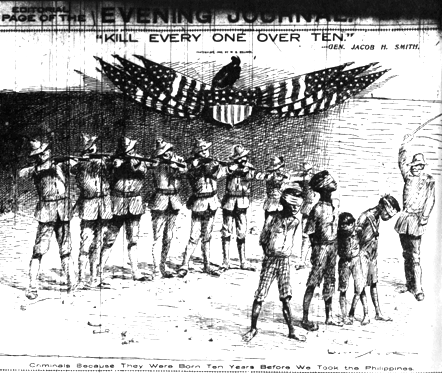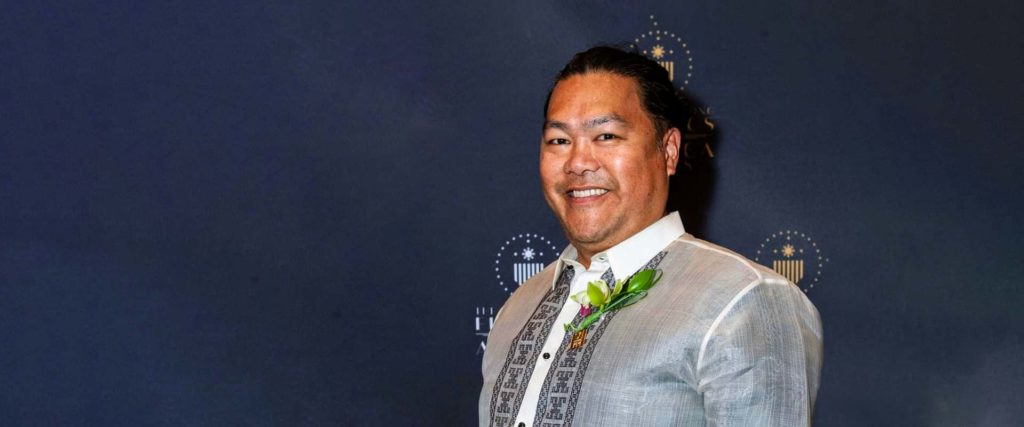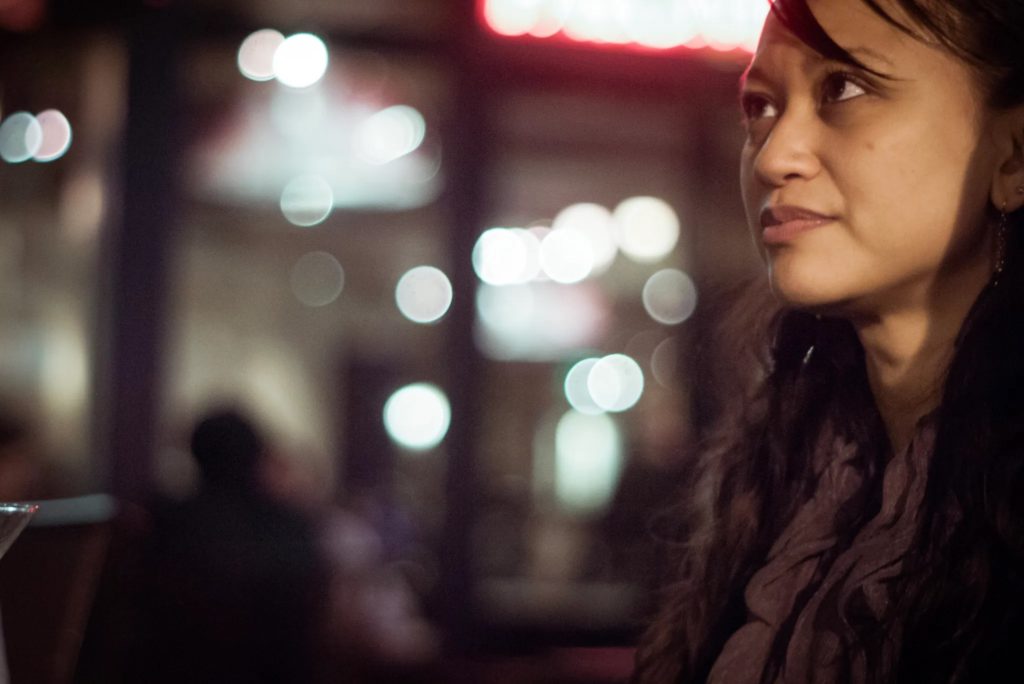Program Beginnings
“[Because of the Filipino Language Program,] I feel close to home, and I’ve met new friends that I can relate to.” Charlene Roxas ’21
The Filipino language program, formerly the Tagalog language program, came to fruition in 1987 through the tireless initiative of Katrina Koh ’88, ’91. UC Berkeley had not offered a Filipino-Tagalog language class since the early 1970’s, but political movement in the Philippines and a thriving Pilipinx community at Cal created a new demand. In 1986, the People Power movement, led by President Corazon Aquino, was underway in the Philippines. When Cal announced they would be honoring President Aquino with the Berkeley Medal, Katrina, a junior at the time, became impassioned about bringing more representation to the Pilipinx community on campus. “There were Japanese language courses, Chinese language courses, even Sanskrit courses! I thought ‘if we’re bringing President Aquino to Cal, I want our campus to reflect Pilipinxs and their culture. I wanted to get the program ready before she came to accept her award,” said Koh. President Corazon Aquino accepted the Berkeley Medal in 1987. That same year, the first Filipino language course from the new program was taught at Berkeley.
Koh didn’t have any trouble garnering student interest in the program. After gathering 103 signatures requesting Filipino-Tagalog courses be taught at Cal, she petitioned the Southeast Asian Studies department to house the new language program and wrote a justification paper for the program’s development. Anthropology professor James N. Anderson, East Asian studies professor Douglas Pike, and forestry professor Jeff Rom, who were all in the Southeast Asian Studies Department at the time, followed Koh’s initiative and wrote a proposal for the first Filipino Language Program. Then-Provost Leonard Kuhi agreed to meet with Koh, Professor Anderson, and Scott Morgan, a graduate student who intended to enroll in the courses. After reading the 25-page proposal, Kuhi granted the program a one-year trial run on the spot. Professor Lydia Gonzalez-Garcia, on sabbatical from the University of the Philippines, was invited to teach the first course. The course, which could accommodate only 23 students, had a sign up list of 78 students. Gonzalez-Garcia offered to teach an independent-study course, completely unpaid, to satisfy the students’ demand for the course content. Reflecting on that time, Koh said “when the day came for all of us to show up and register for the course, I remember the room was packed full and a line was forming all the way down the hallway! I ended up giving away my spot on the list. I was a senior—I didn’t need the course. I did this for others!”
When interviewed in October 1987 for The Daily Californian, Koh said she “hopes the popularity of the first level class will lead to future classes in Filipino history, folklore, and literature.” Since then, the program has expanded to offer seven courses. Thanks to the current lecturers, Joi Barrios-Leblanc, Cynthia Aban, Karen Llagas, and all who came before them to lay the program’s foundation, the Filipino language program at Cal continues to offer a robust curriculum and cultivate a deep sense of belonging for the Pilipinx students on campus.
A Community Effort
When additional funding for the program was needed, Fritzie De Mata ’05 and Melissa Urbano ’96, both members of the Pilipinx American Alumni Chapter, got to work. With the help of Ryan Lawrence, Rebecca Lizarraga, and Kelly Yun ’11, philanthropy colleagues from University Development and Alumni Relations, they utilized the department’s crowdfunding program, which is designed to help students, faculty, staff, and alumni meet various fundraising goals.
Together, De Mata and Urbano gathered testimonials from students throughout the program’s 30+ year history. “It’s grown so much—it’s important we document our stories,” says Urbano. The fundraiser, which concluded on June 30, 2021, was first shared on the Pilipinx American Alumni Chapter Facebook page during the campus’s annual Big Give campaign in March. “Our alumni were so eager to participate in this campaign,” Urbano continues. “This is what philanthropy is all about, creating opportunities to help people support causes they care about. Seeing their generous gifts and the incredible number of donors who supported this effort—there were 203 total—was a testament to how deeply impactful the Filipino language studies program has been in their lives. We can thank our beloved instructors for that. The stories of connection that come out of these fundraisers are so rich and meaningful to the community.” The Filipino language program’s current lecturers were also central to the fundraising efforts. Since 2008, they have grown the language program from three classes per semester to up to eight classes per year. Afrah Eusuff ’22, a current student in the Filipino language program, described the professors and lecturers as “so supportive not only to teach the language but [also] to really help you understand the community and the cultural aspects as well.”
The funds raised will begin to accomplish five goals outlined by the campaign working group:
- Ensure that Filipino is taught at all levels.
- Encourage Tagalog/Filipino language research.
- Develop a deeper sense of community engagement.
- Propose and develop new courses.
- Long-term vision: endow a permanent lectureship in Filipino to make the course accessible to UC Berkeley students for years to come.
Chapters Provide Opportunities for Alumni to Give Back
Being part of an Alumni Chapter cultivates opportunities to give back to the Cal community that countless alumni find rewarding. Urbano began volunteering with the Pilipinx American Alumni Chapter in 1997 as the student relations officer for the executive committee. Of her volunteer experience with PAAC, and specifically of her volunteer work on this fundraiser, she had this to say: “I can’t even begin to describe the gifts this process has brought me. Learning the history [of the program] especially has enabled me to see how deeply rooted the Pilipinx community is at Cal. It has underscored how important it is to continue to support programs that focus on ethnic and language studies because for many Pilipinx students that come through, they’ve never had the opportunity to learn about their history, let alone their native tongue. It’s immeasurably empowering.”
Beyond philanthropic work, alumni chapters continue to provide an irreplaceable community to alumni. “I’m also able to stay connected to people whom I share lots of history with,” continued Urbano, “and connect with new Cal Pilipinx alumni and students. These connections have enabled me to witness the breadth and variety of the ways that Pilipinx American alumni are serving the community, and seeing how we are impacting the world is really inspiring,” says Urbano.
It’s grown so much—it’s important we document our stories.
Melissa Urbano ’96
To learn more about the Filipino language program, visit alumnichapters.berkeley.edu/pilipino.




















